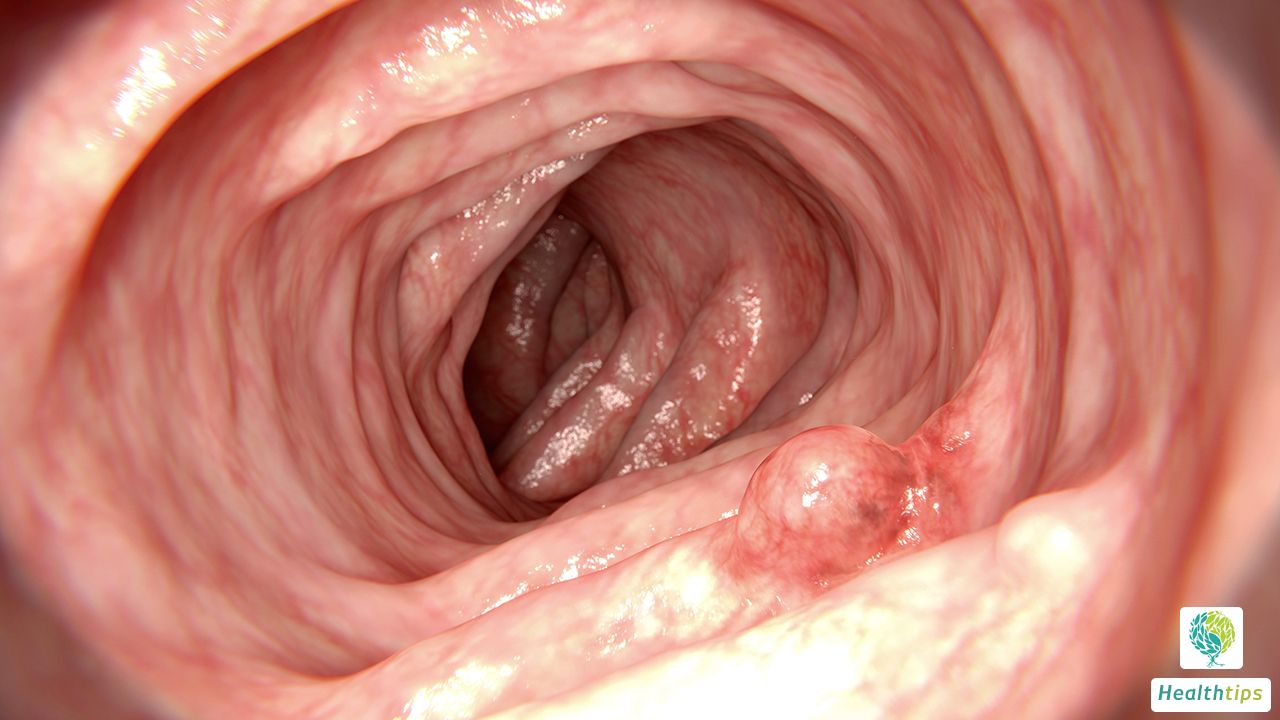In general, if the patient is older and in good physical condition, an open radical resection can be performed. However, if the patient has poor physical health or other diseases, palliative treatment, endoscopic mucosal resection, and other methods should be selected based on specific conditions.

1. Open Radical Resection: This treatment method is suitable for most early-stage gastric cancer patients and some advanced gastric cancer patients, and is commonly used in clinical practice. It mainly involves the complete removal of the lesion through surgical procedures, while preserving normal tissue structures as much as possible, to achieve the purpose of cure. After surgery, radiotherapy, chemotherapy, and other auxiliary treatments are also needed.
2. Palliative Treatment: For elderly patients who cannot tolerate surgery, palliative treatment can be adopted to alleviate symptoms. For example, using analgesics to control pain, taking Omeprazole Enteric-coated Capsules as prescribed to inhibit gastric acid secretion, and taking Colloidal Bismuth Pectin Capsules to protect the gastric mucosa. However, these methods can only improve the condition and cannot completely eliminate the lesion.
3. Endoscopic Mucosal Resection: If an elderly patient experiences gastrointestinal bleeding, they should seek medical attention promptly and undergo endoscopic mucosal resection under the guidance of a doctor. This method utilizes the thermal effect generated by high-frequency current to cause necrosis and shedding of local tissues, achieving the effect of removing the lesion. This method has minimal trauma, quick recovery, but there may be a risk of perforation. Other methods such as radiotherapy and targeted therapy are also available. It is recommended that family members communicate and interact with the elderly to help reduce psychological burden. At the same time, pay attention to eating light and digestible food, avoiding spicy and stimulating food to avoid aggravating discomfort.

